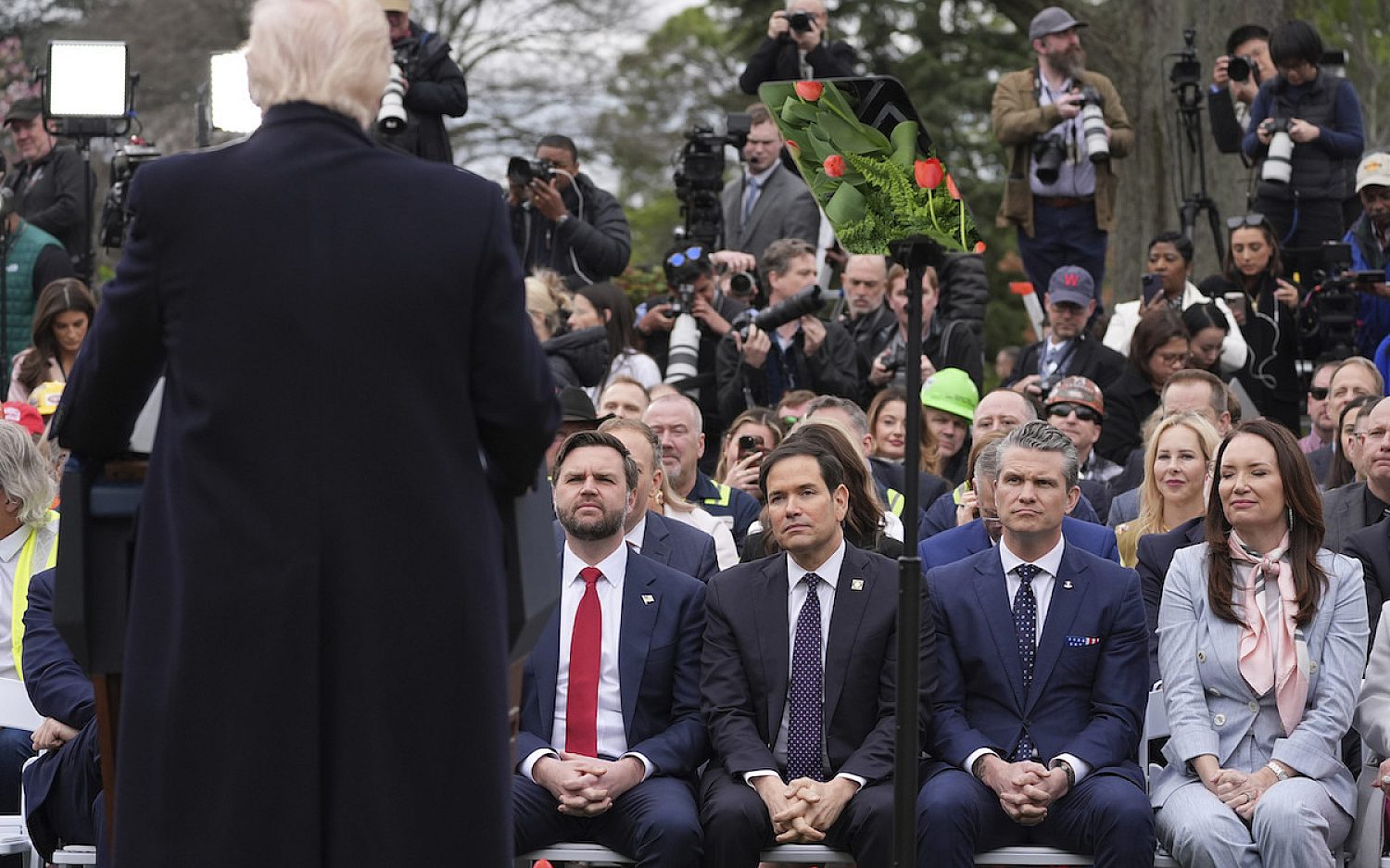President Donald Trump calls it “Liberation Day.” Some economists call it anything but. What’s really going on?
Since starting his second term, President Trump has promised tariffs. Tariffs place a tax on imports—goods coming in from other countries. On Wednesday, the President announced new tariffs on almost all U.S. trade partners. This includes a 20% tax on goods from the European Union and a minimum 10% tax on goods from all foreign countries. The tariff on Chinese imports rose to 54%—a 34% increase on top of the previous 20%.
To do this, President Trump declared a national economic emergency. A state of emergency allows the President to act without input from elected officials in Congress.
But will these new tariffs help Americans? Or will they hurt?
How could tariffs help?
President Trump wants to bring spending back to the United States. When goods from other nations cost more, consumers might choose more American products. That could help boost the U.S. economy.
After World War II, the United States helped rebuild the global trade system. But President Trump says the system has failed us. Other countries place tariffs on American goods. Their products come to us cheap. Ours go to them overpriced. White House officials say this caused a trade deficit of $1.2 trillion last year. That means the country imported $1.2 trillion more goods and services than it exported. President Trump puts it more frankly. He says the United States has been “looted” and “pillaged.”
“Taxpayers have been ripped off for more than 50 years,” says President Trump. “But it is not going to happen anymore.”
He hopes tariffs will bring more money to the U.S. government itself. That might reduce the need for the government to tax Americans’ incomes.
How could tariffs hurt?
Tariffs often cause inflation, or rising prices. The increased cost of goods gets passed on to consumers. Yes—even American-made goods.
But don’t the tariffs target only foreign goods? That’s true. But it’s also more complicated. When foreign goods become expensive, American companies often raise prices to match. If their only competition comes from pricey foreign goods, why stay cheap? Economists expect housing, cars, and clothes to become more costly.
President Trump and his supporters acknowledge the likelihood of inflation. But they hope their strategy will grow America’s economy long term.
Tariffs also risk the creation of trade wars. They have the potential to hurt the United States’ friendships with other nations. Often, other countries don’t take tariffs sitting down. They retaliate—not with weapons, but with increasing their own tariffs against U.S. goods. This also leads to higher prices for consumers.
Will the new tariffs disadvantage everyday Americans? Or will these higher fees pay off in the future, with economic growth to come?
Whatever the future holds, our hope isn’t in earthly treasure. Money and possessions fade away. But we find our real riches in God. He cares for you. And His kingdom lasts forever.
Whoever trusts in his riches will fall, but the righteous will flourish like a green leaf. — Proverbs 11:28

















